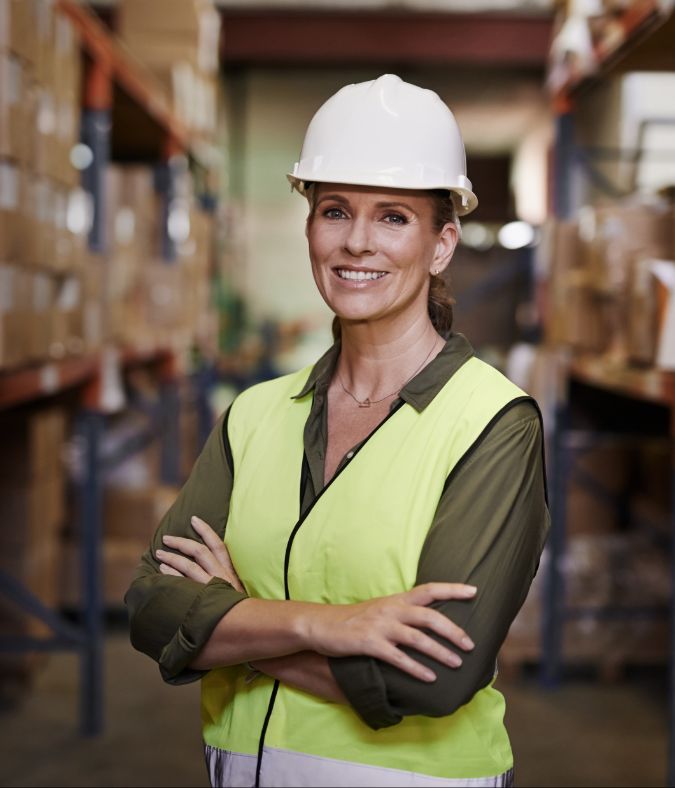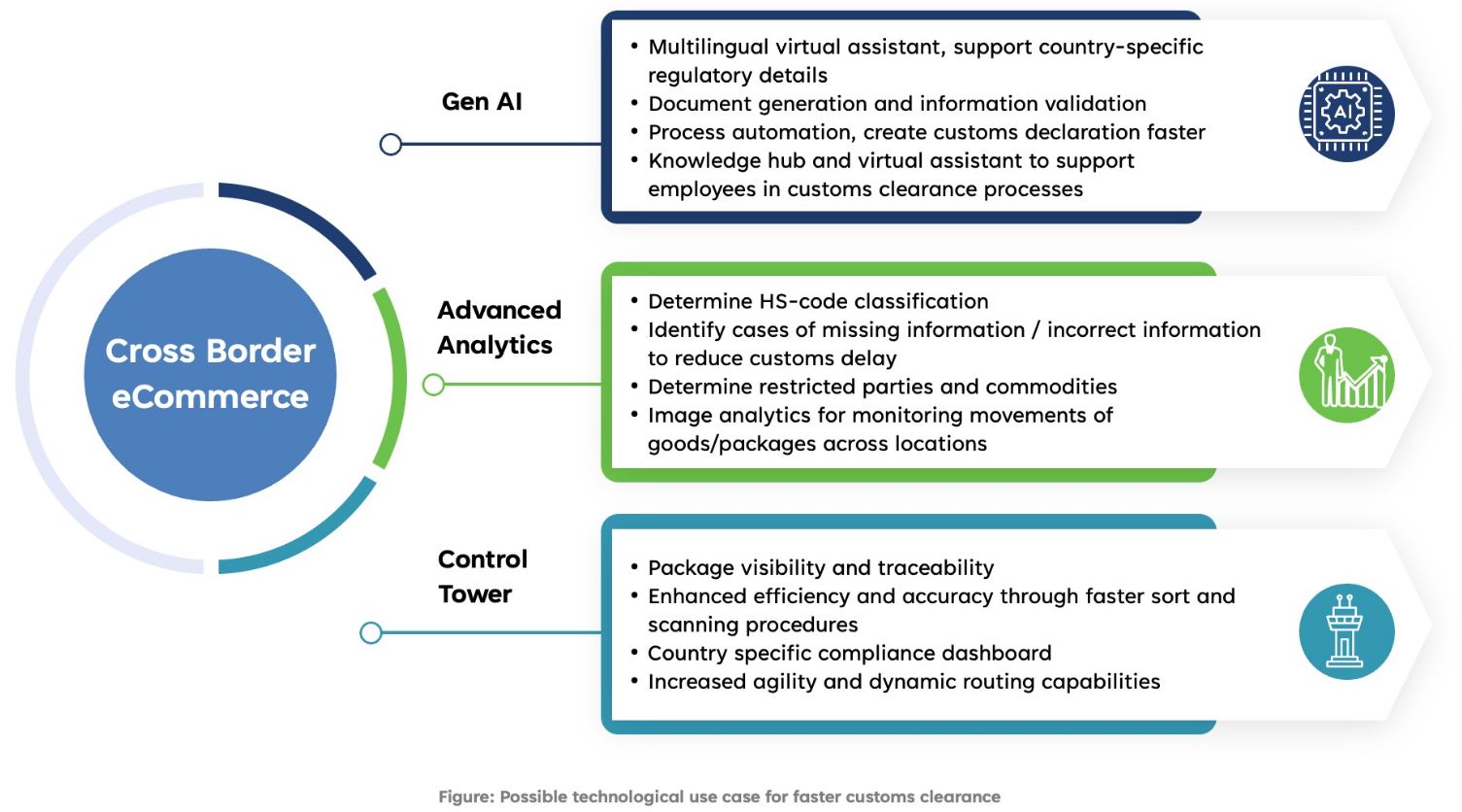Digital commerce has enabled the true globalization of businesses, giving enterprises quick access to international markets. Fueled by growing global demand, the cross-border eCommerce (B2B and B2C) market is expected to reach around $4.8 trillion by 2025 and grow to $6 trillion by 2027.
But with this growth comes new challenges for sellers and logistics providers. Historically, international or cross-border eCommerce has been dominated by B2B businesses with a limited set of buyers. These buyers typically dealt with large volumes and either had a firm understanding of the processes related to customs clearance or enlisted specialized services to handle the processing. The growth of the B2C customer segment has shifted the onus of cross-border regulations and shipments onto the sellers, who must now work with logistics providers to inform customers of the rules and costs involved in the logistics process.
The growing B2C segment needs help managing customs regulations, limited access to new geographical markets, and last-mile deliveries. In a survey by Reuters and Avalera, 55% of respondents said navigating the cross-border eCommerce environment is challenging. They cited customs shipment delays (43%), customs regulatory compliance (41%), and increased supply chain and delivery costs (41%) as some of the most common challenges.
To address these challenges, sellers and logistics providers are turning to technologies like AI, automation, and digital control towers. The capabilities below will enable smoother, more supportive customer experiences while driving growth in cross-border eCommerce.
Easy Access to Shipping Information
By making shipping and customs costs readily available at the point of purchase, sellers minimize the risk of unknowns and help customers make more informed purchase decisions. Businesses can integrate chatbots and Generative AI platforms into eCommerce sites to answer customer queries about country-specific shipment regulations, documentation required, currency, and exchange rates.
Automated Documentation for Smoother Logistics
Sellers can use process automation and Generative AI tools to create essential documents such as commercial invoices and shipment descriptions, or to support tasks like HS code identification and translating text into different languages. Incorporating AI into these processes alleviates some pressure on shipping and logistics teams, thereby increasing efficiency and reducing human error risk. AI can also be deployed to scan for missing information in regulatory documents and notify the relevant parties, reducing the risk of parcel rejection, improving compliance, and accelerating shipments.
Improved Compliance
While customer assistance through AI-powered chatbots will improve documentation and compliance, logistics companies can leverage data analysis for tasks like validating product descriptions, sender and receiver locations, and flagging shipments for inspection. Computer vision-based analysis can identify parcels with missing information or labels, enabling teams to address issues before they cause delays in customs clearance. Teams can also use AI tools to support and train third-party vendors on procedures and systems related to customs clearance, advancing knowledge management and compliance.
Logistics Visibility
Clear visibility throughout the shipping process is critical for both customers and shippers. Both parties must be able to track packages and know about any delays or disruptions along the way. A digital control tower solution can improve logistics visibility by providing a centralized platform for real-time monitoring and management of the entire supply chain. Control towers offer a comprehensive view of all logistics activities, including transportation, warehousing, and inventory, enabling stakeholders to track shipments, identify potential disruptions, and proactively address issues. Logistics providers can also leverage data models to optimize delivery schedules based on historical and real-time information. For businesses using de minimis to reduce shipping costs and move parcels faster, a control tower can provide the necessary insights and coordination to achieve these objectives.
Strengthened Customer Service
One of the biggest challenges to cross-border eCommerce is customer service. Sellers and logistics providers must provide clear, reliable information on shipment costs, customs requirements, and estimated shipping times. Chatbots and Generative AI tools can provide fast, conversational, and contextual responses to prompts, enabling customers and customer service agents to quickly find the answers they need. This will reduce the burden on customer service representatives, thereby increasing process compliance and efficiency.





